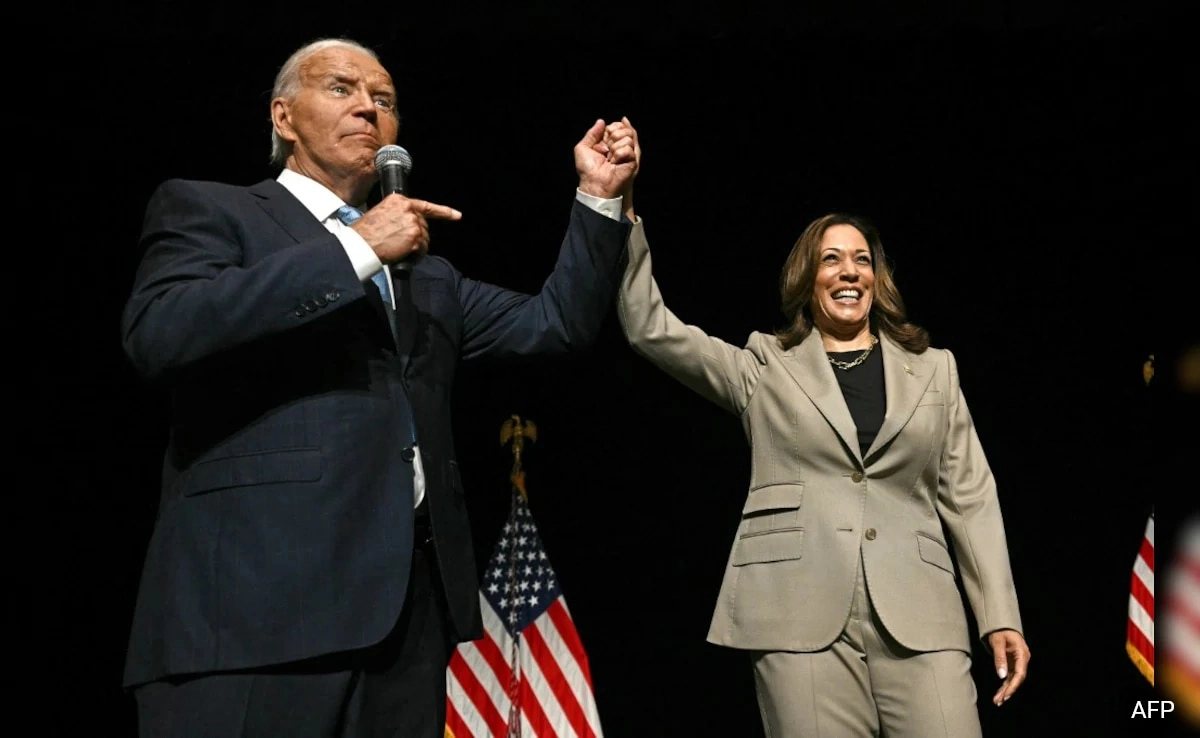In a recent statement, Vice President Kamala Harris expressed her views on the decision-making process surrounding the reelection campaign for President Joe Biden. Harris characterized the choice to leave the reelection decision primarily in Biden’s hands as an act of “recklessness.” This bold assertion raises questions about the internal dynamics of the administration and the strategic considerations that underpin the upcoming election. By pointing to the potential risks associated with deferring such a significant decision to one individual, Harris seems to be advocating for a more collaborative approach within the Democratic Party as they prepare for the electoral battle ahead.
Harris’s remarks reflect broader concerns about the political landscape as the 2024 election approaches. The Democratic Party faces an array of challenges, including voter sentiment, economic conditions, and the potential opposition from a motivated Republican Party. By labeling the decision-making process as reckless, Harris may be signaling the need for a unified strategy that not only engages the party’s leadership but also considers the voices and perspectives of key stakeholders across the political spectrum. This approach could foster a sense of collective responsibility and shared purpose among Democrats, which could be crucial for mobilizing support in a competitive electoral environment.
Furthermore, Harris’s comments may also point to the necessity of a contingency plan should Biden choose not to run or face significant challenges during the campaign. By openly discussing the implications of leaving such a pivotal decision solely to the president, Harris is likely advocating for a more proactive stance among party leaders and potential candidates. This proactive engagement could help the party solidify its position and present a united front to voters, ensuring that the Democratic Party remains competitive in an increasingly polarized political atmosphere. As the election cycle heats up, Harris’s insights may serve as a catalyst for discussions about the future direction of the party and the importance of collective decision-making in navigating the complex landscape of American politics.




